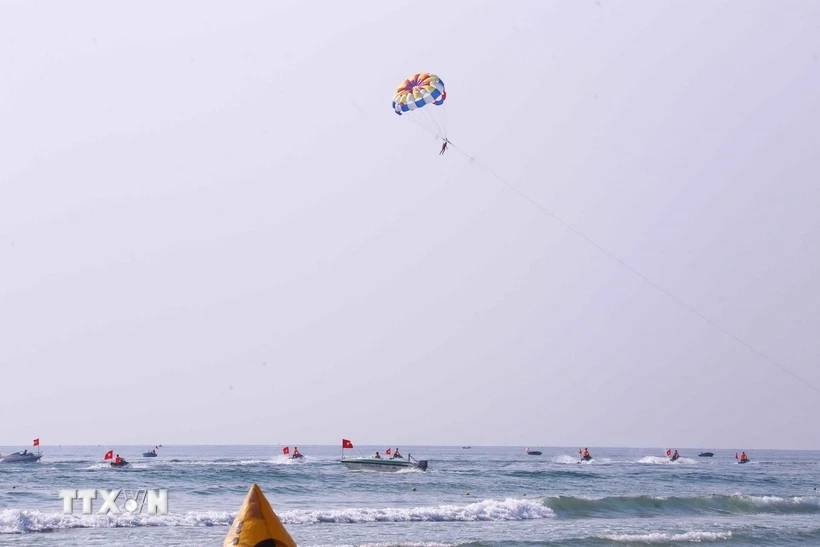
Possessing more than 3,260km of coastline stretching from North to South, with many beautiful beaches and diverse marine ecosystems, Vietnam is an attractive destination for domestic and foreign tourists.
In the tourism development strategy to 2030, Vietnam prioritizes the development of sea and island resort tourism products, along with sports and entertainment tourism at sea.
According to statistics, sea tourism accounts for 60-70% of total tourism activities and income in Vietnam, making an important contribution to the economic development of many localities and the whole country.
However, the rapid growth of the marine tourism industry also brings with it many environmental challenges, requiring coastal localities to find sustainable solutions to protect valuable natural resources for future generations.
Towards zero waste tourism
In recent times, the increase in the number of tourists in coastal areas has led to negative consequences such as plastic waste pollution, coral reef degradation and ecosystem imbalance.
The situation of plastic waste and non-biodegradable waste on Vietnam's beaches is increasingly serious, threatening marine biodiversity as well as the health of local communities.
The Vietnam Institute for Tourism Development Research (ITDR) warned that the amount of plastic waste thrown away by tourists in 2030 will be three times higher than in 2019, at about 336,400 tons per year.
Professor, Dr. Nguyen Thi Kim Cuc (Water Resources University, Hanoi) said that plastic waste is a global threat, seriously affecting the landscape, marine ecosystem and food chain, thereby negatively affecting human health and life.
Each person needs to change their awareness, small consumption behaviors, reduce plastic use, to contribute to reducing microplastics in the ocean.
In Vietnam, many marine conservation projects have been implemented to restore and protect natural ecosystems.
In Nha Trang Bay, the coral reef restoration project implemented by the Institute of Oceanography in collaboration with international organizations since 2015 has restored more than 15 hectares of damaged coral reefs.
According to the report, the survival rate of artificial corals is over 70%, contributing to the regeneration of aquatic resources and increasing the attractiveness of diving tourism here.
At Cu Lao Cham Marine Protected Area (Hoi An), since 2009, the marine conservation management program has closely coordinated between the government, fishermen and non-governmental organizations to protect more than 16,000 hectares of marine area.
The reserve has successfully restored natural coral reefs, raised public awareness of environmental protection and limited overexploitation of fisheries.
Every year, this area welcomes over 200,000 tourists, generating about 30 million USD in revenue, while preserving its long-term natural value.
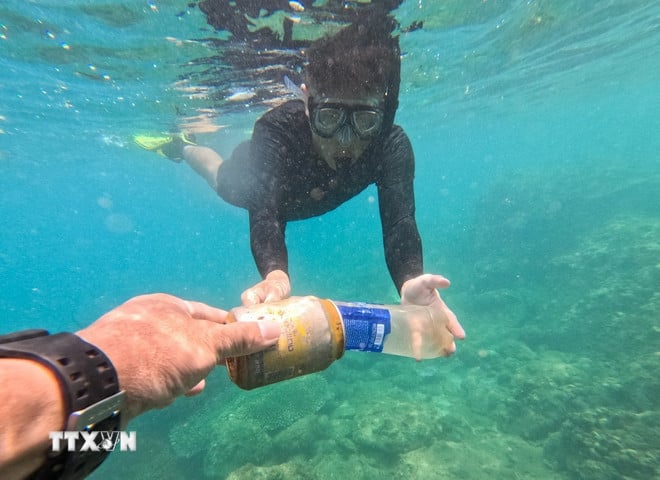
In addition, many beach cleaning programs are organized periodically, typically the "Join hands for a blue sea" campaign coordinated by GreenHub with local communities in Da Nang, Quang Nam and Phu Yen.
Thousands of volunteers collect tons of plastic waste and other waste each year, contributing to reducing pollution and raising public awareness, thereby indirectly contributing to the development of sustainable marine tourism potential.
These efforts not only help protect the marine environment but also maintain the long-term economic value of marine tourism. Obviously, when the landscape and aquatic resources are preserved and developed sustainably, Vietnam's seas and islands will attract more and more domestic and international tourists.
Therefore, the Vietnamese tourism industry is constantly calling on the community to move towards zero-waste tourism to minimize the amount of waste generated during travel, including limiting the use of disposable plastics, recycling and reusing waste, and supporting environmentally friendly tourism activities.
Join hands to reduce plastic waste
On June 8, nearly 10,000 volunteers together created a "green wave" spreading across 28 provinces and cities across the country in the campaign "Acting together for the blue sea" launched by the Green Future Fund (under Vingroup Corporation).
In just over an hour, 72 tons of waste were collected, and more than 17 hectares of coastline and estuaries were cleaned. Volunteers participating in the campaign felt proud to be part of the wave of action to keep the homeland's sea and islands green, clean, beautiful and sustainably developed.
The work of volunteers ignites an unprecedented sense of community responsibility and awareness of protecting the marine environment.
The effectiveness of the action campaigns for the blue ocean does not stop at the time of completion, but the effect will continue to spread and leave lasting value in the future. Volunteers participating in environmental protection will become “green nuclei,” inspiring friends, colleagues and family.
Not only the government and organizations, each tourist also plays an important role in protecting the marine environment. Whenever she and her family have the opportunity to travel, Ms. Phi Thai Ha (Hanoi) always tries not to use plastic utensils and chooses environmentally friendly tours.
In addition, adults not only set an example for children about the awareness of throwing garbage in the right place and limiting littering in the environment, but also encourage children to participate in beach cleaning activities organized by travel agencies or localities.
Fully aware of the harmful effects of plastic waste on tourism, over the years, Vietnam has issued a series of policies and laws on plastic waste management.
The Ministry of Culture, Sports and Tourism has also issued a set of criteria to guide environmental protection for tourism and service establishments. In particular, special attention is paid to aiming at tourist areas and accommodation establishments to limit the use of single-use plastic products and non-degradable nylon bags by 2025.
Developing sustainable marine tourism in Vietnam requires close coordination between the state, businesses and local communities.
Promoting eco-tourism models, applying green technology in waste management and raising awareness of environmental protection are practical directions.
Chairman of the Vietnam Tourism Association Vu The Binh called on localities and tourism businesses to find solutions to replace plastic in tourism business activities to protect the sustainable marine environment.
Sustainable marine tourism is not only the responsibility of the tourism industry, but also the duty of every citizen and tourist. Preserving nature and protecting the marine environment requires practical and specific actions.
Environmental protection actions today are to protect precious resources and preserve natural beauty so that future generations have the opportunity to experience Vietnam's pristine, blue beaches./.
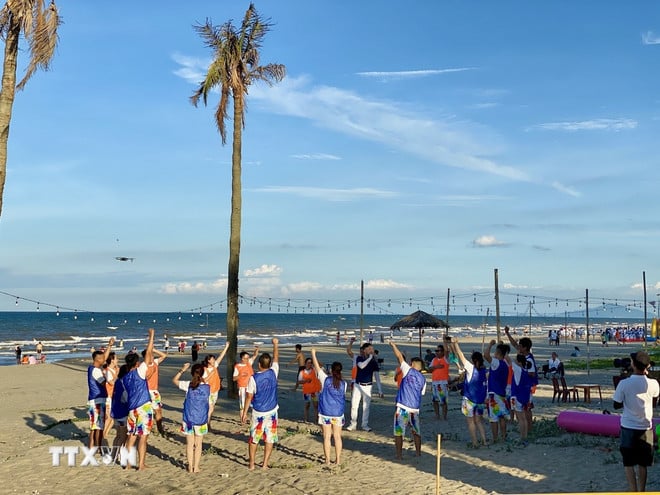
Source: https://baoquangninh.vn/bao-ve-he-sinh-thai-bien-huong-den-phat-trien-du-lich-ben-vung-3363179.html


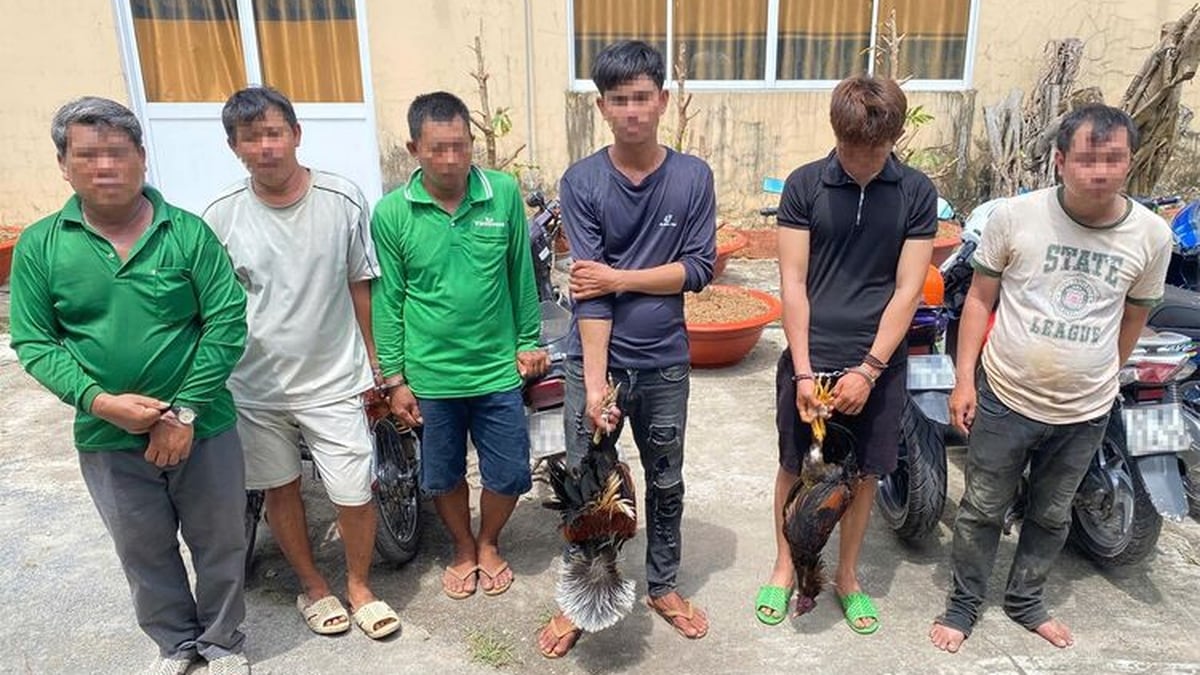

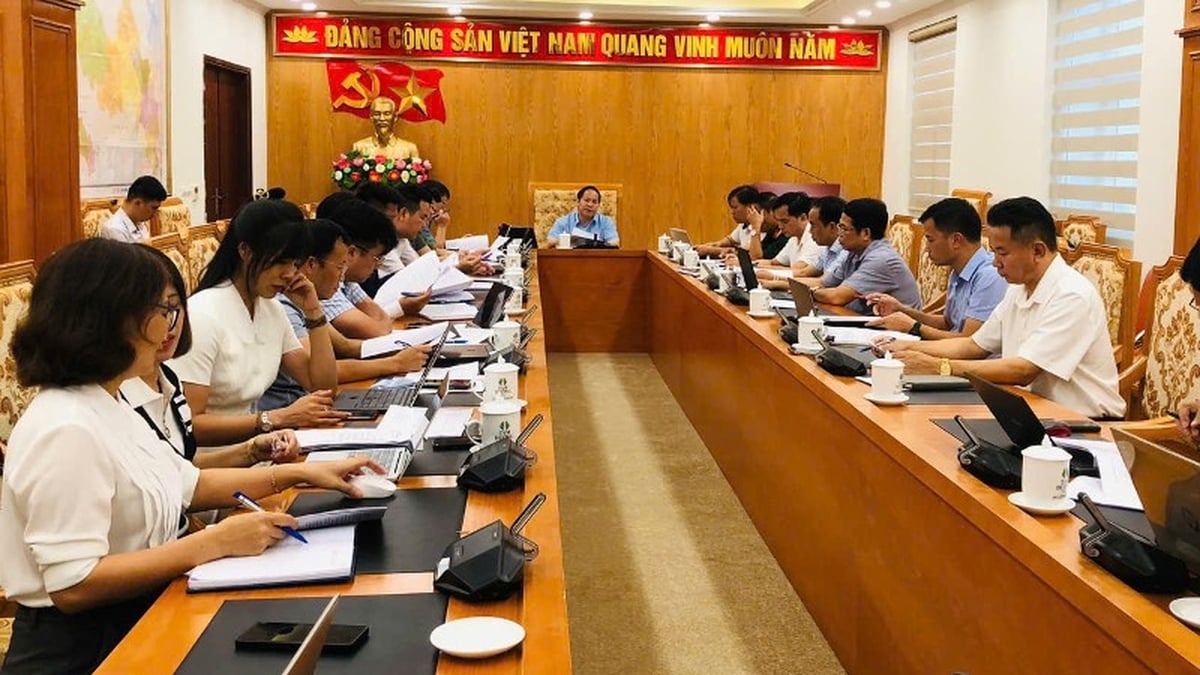
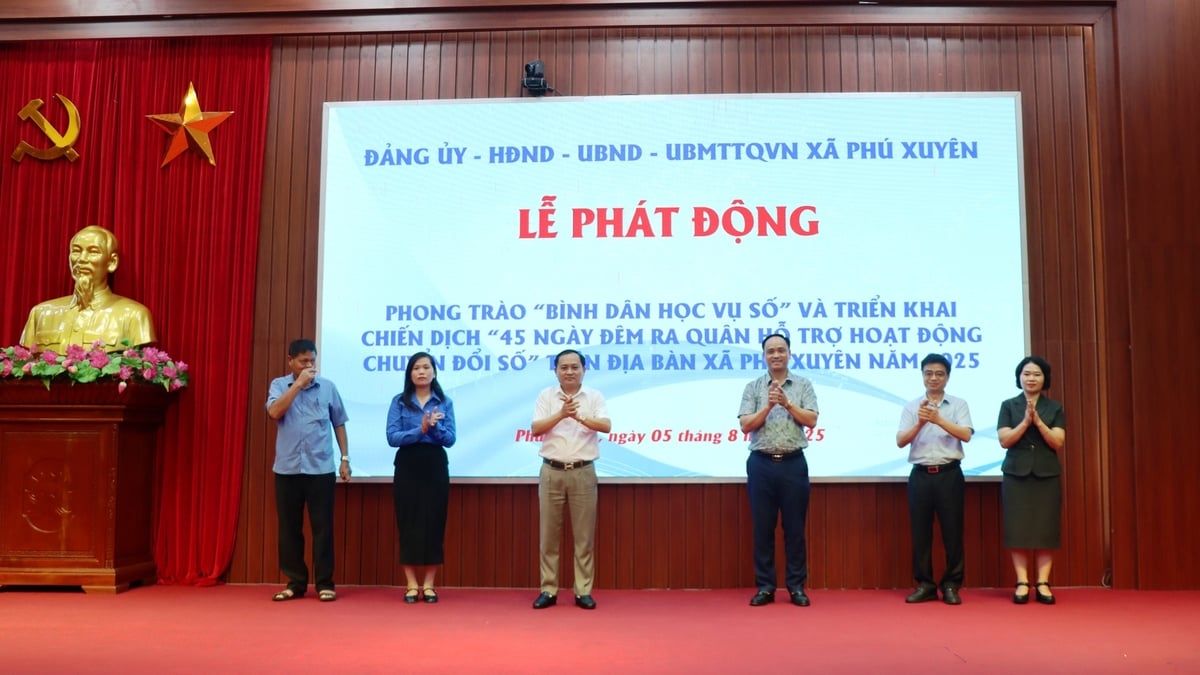
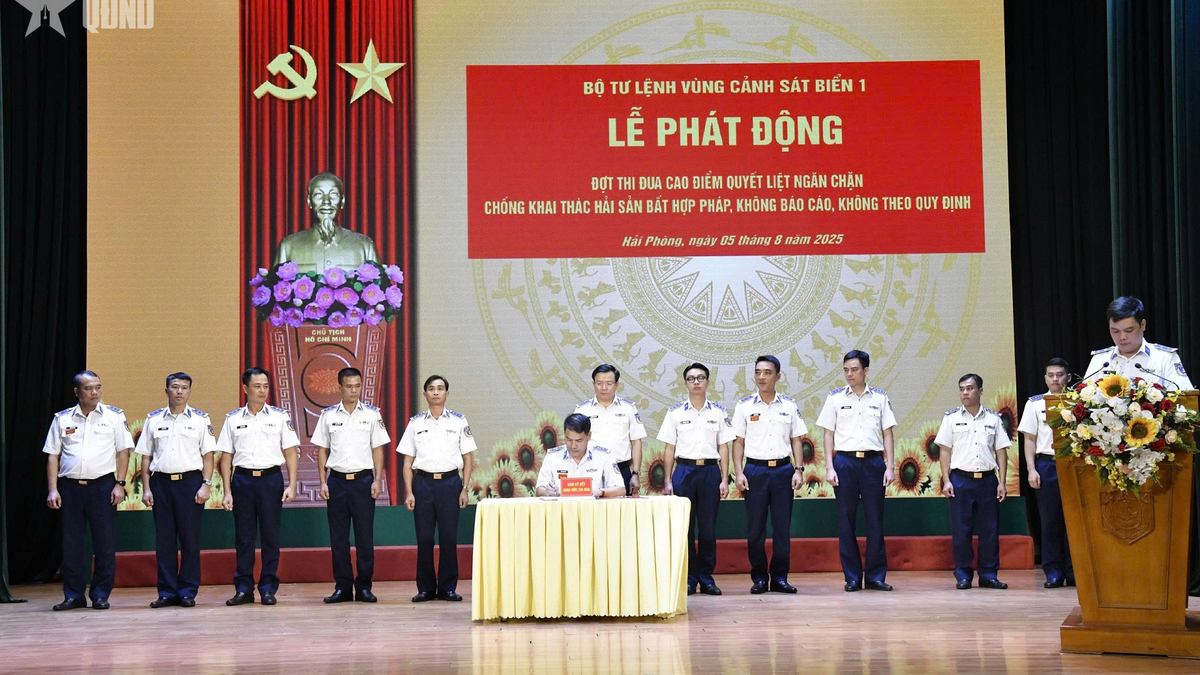
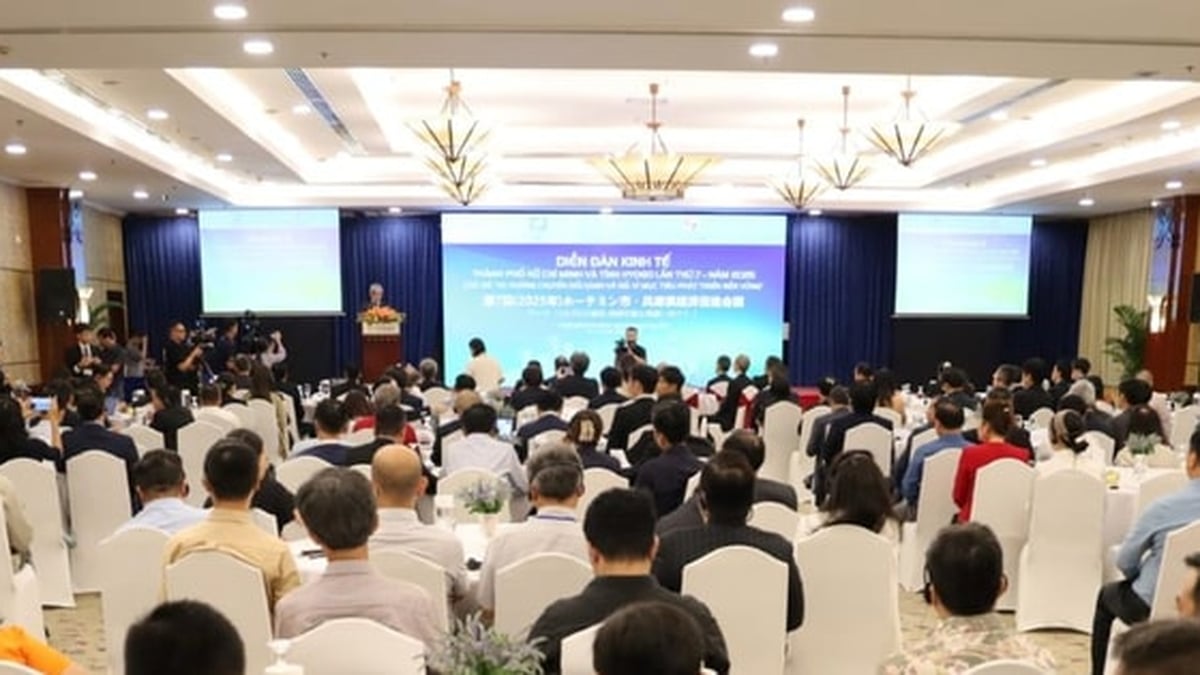
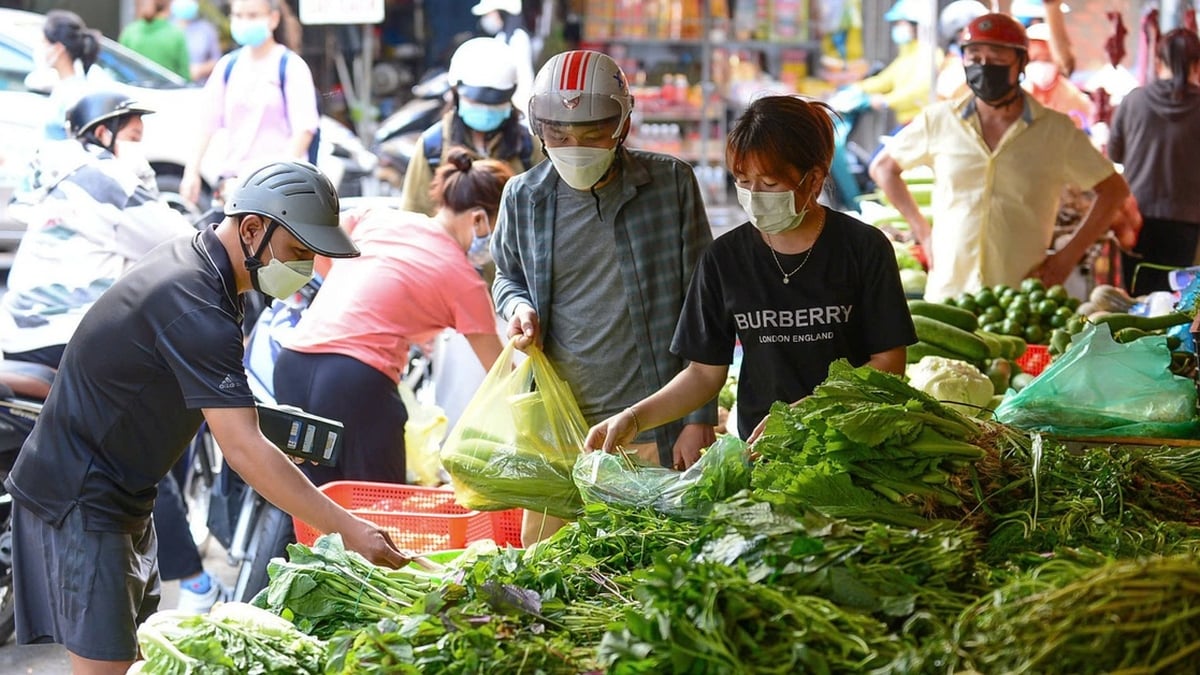
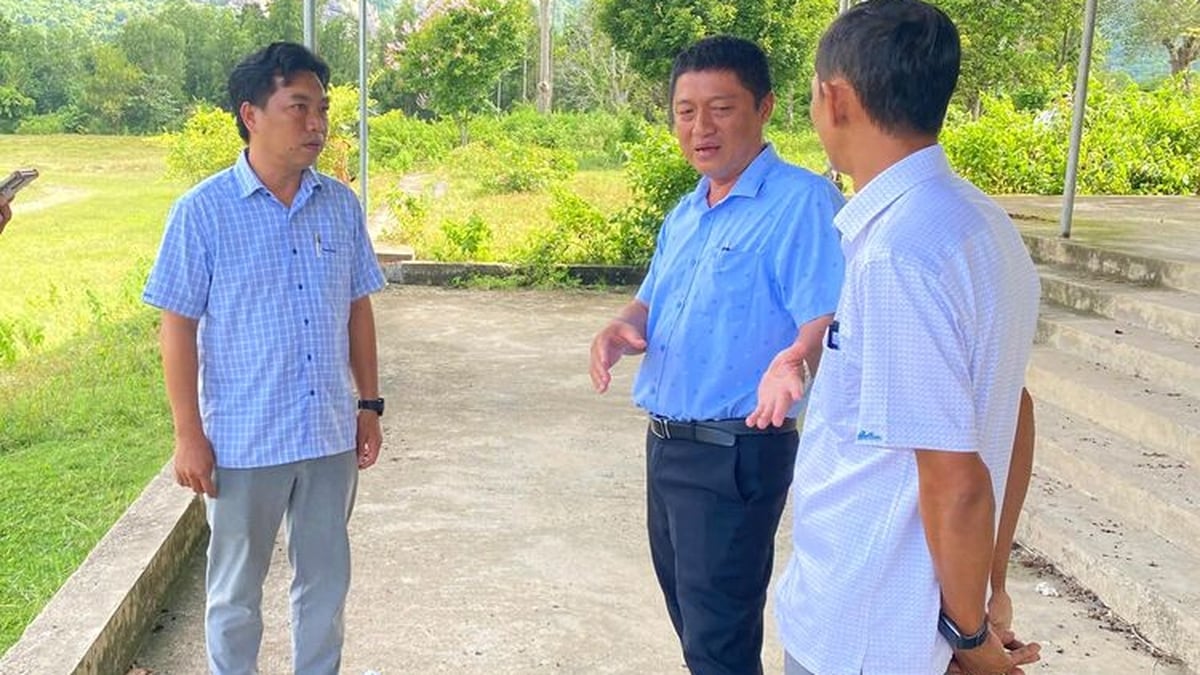
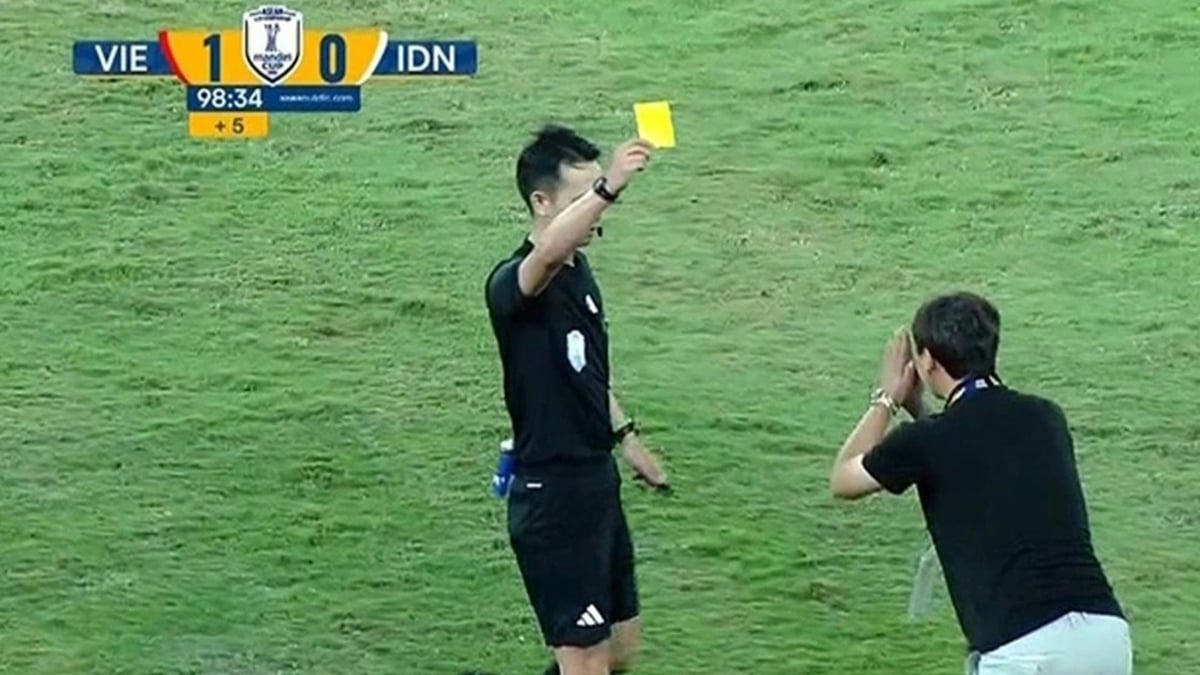













































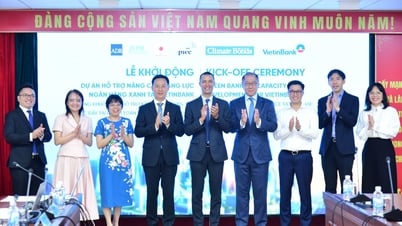





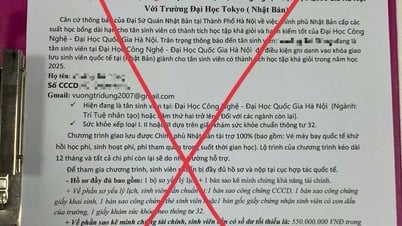
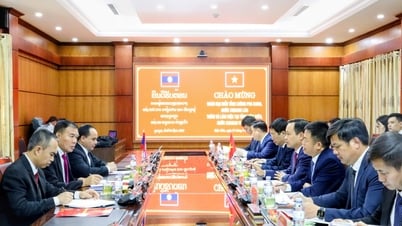







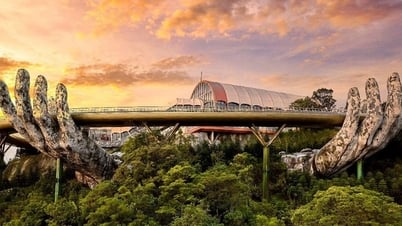
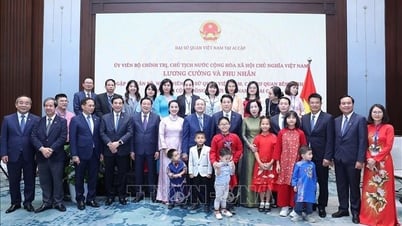

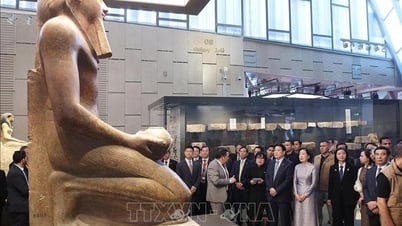

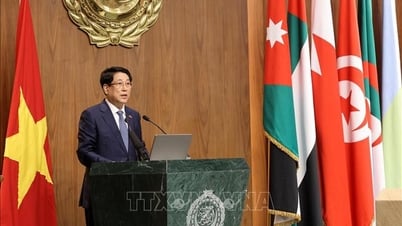


















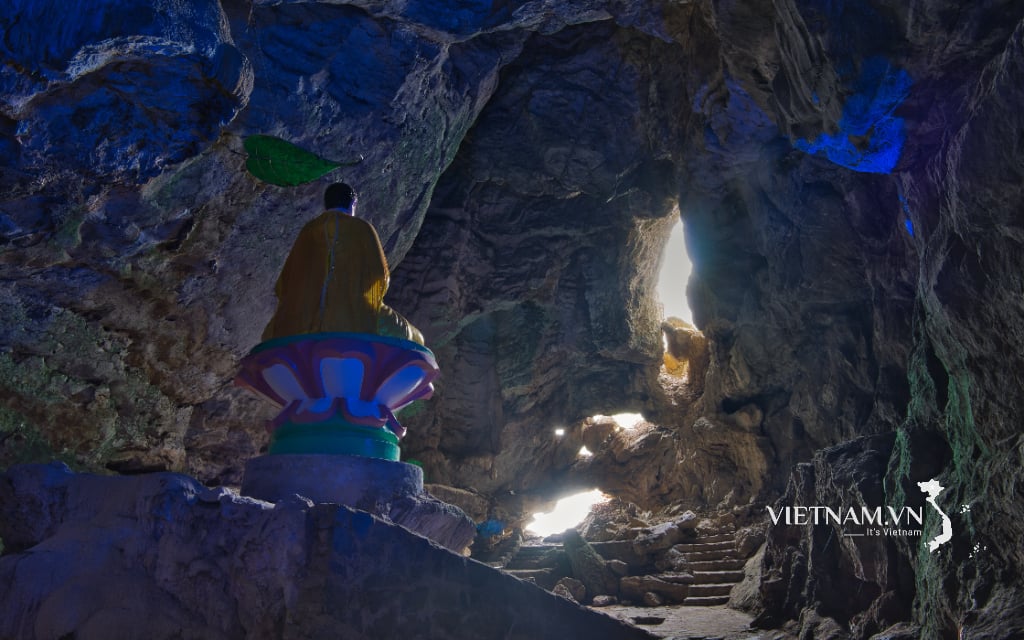



Comment (0)